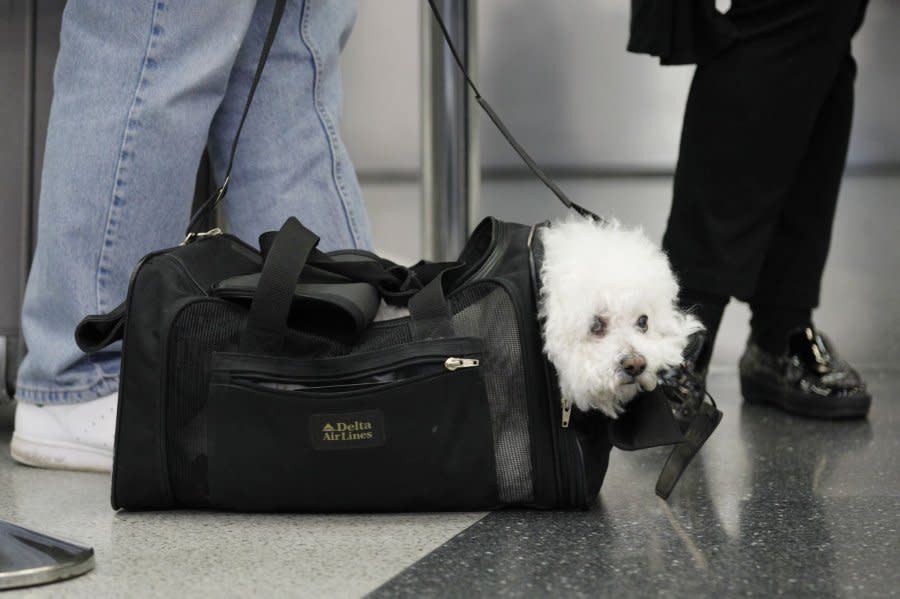In effort to prevent rabies, CDC tightens rules for bringing dogs into U.S.

May 8 (UPI) -- The U.S. Centers for Disease Control and Prevention is tightening the leash on dog importation with new rules going into effect this summer in an effort to prevent rabies.
Anyone wanting to bring a dog into the United States, starting Aug. 1, will have to prove it is healthy, at least six months of age, microchipped and accompanied by the CDC's Dog Import paperwork with updated vaccination and veterinary records.
"CDC is updating its dog importation regulation to protect the health and safety of people and animals by making sure any dog arriving in the United States is healthy and does not present a risk to our communities," the public health agency said.
The CDC also is requiring a rabies vaccine and, depending on which country the dog is coming from, may require a blood test to prove immunity.
"The rabies virus variant carried by dogs was eliminated in the United States in 2007 and the CDC wants to prevent the re-introduction of dog rabies into the United States," the public health organization said, adding that "rabies is more than 99% fatal and is 100% preventable."
"This regulation builds on lessons learned from the COVID-19 pandemic when a temporary suspension was enacted for the importation of dogs from countries with high risk of rabies," the CDC added.
Anyone needing more information on which rules apply to which country before and after Aug. 1, are being advised to use the CDC's new tool, "DogBot" on its website.
"If you don't follow CDC's rules, your dog will not be allowed to enter the United States. If denied entry, your dog will be sent back to the last country of departure at your expense," the CDC warned.
"People should plan in advance for future travel to ensure requirements for dog importations will be met at the time their dogs will enter the United States."
CDC is updating its rules for bringing dogs into the U.S. These rules keep your family and pets safe.
Learn about the new requirements effective on August 1: https://t.co/UKpD6gEIom pic.twitter.com/Wyogug1nsH— CDC (@CDCgov) May 8, 2024


